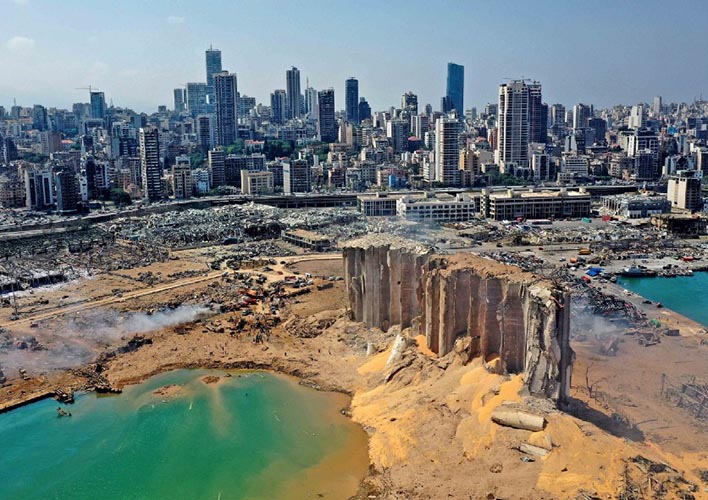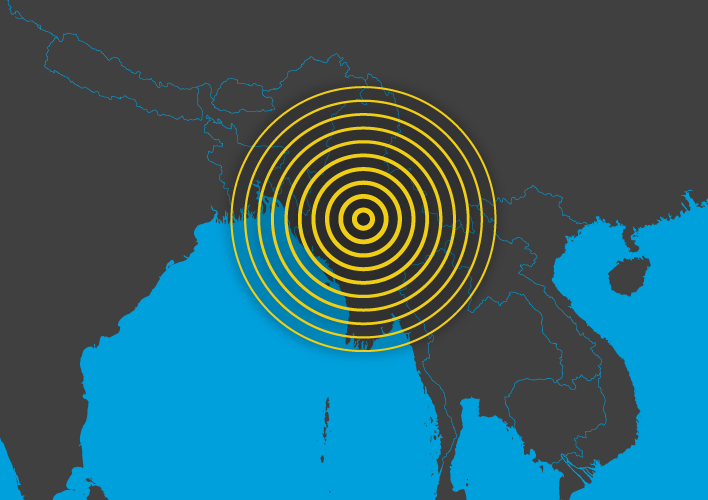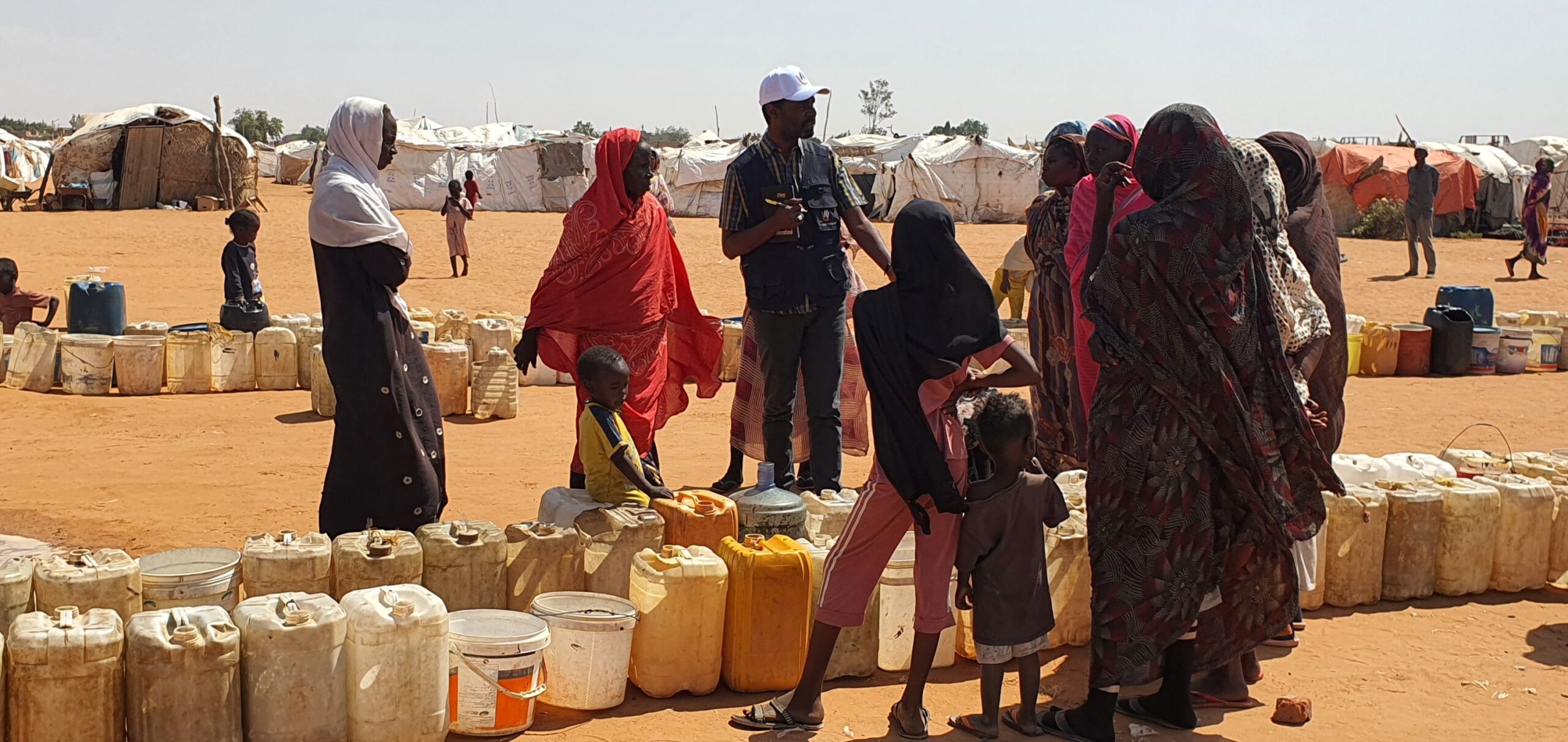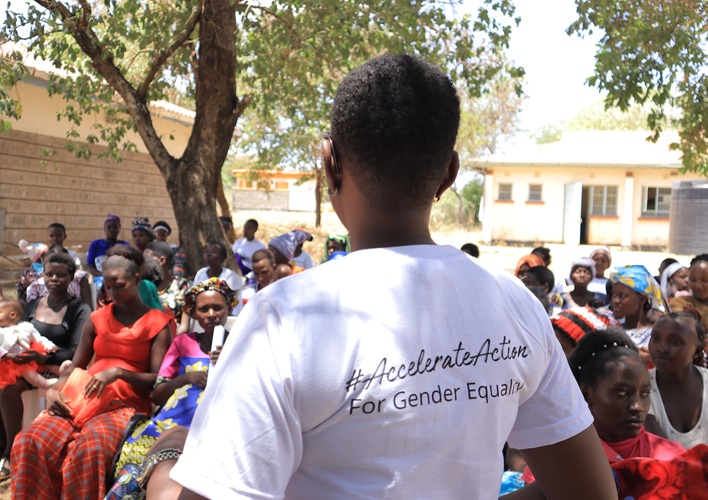The explosion in Lebanon destroyed much of the country’s food stocks that had been stored at the port, causing high concern for an increase in hunger. (Photo: AFP)
Thousands of people are injured, hundreds are dead and 300,000 homes have been seriously damaged after an explosion rocked Lebanon’s port city of Beirut on Tuesday, August 4.

The explosion has also added suffering to a country that was already facing the disruptions of lockdowns due to COVID-19 and great economic challenges—food prices have risen approximately 160 percent since October 2019.
“The challenges facing Lebanon right now are completely unprecedented,” says Harder. “Lebanon hosts the world’s highest per capita number of refugees and had also been experiencing an economic collapse. Then COVID-19 arrived, and now the explosion.”
“It’ll require a large-scale coordinated effort to help Lebanese and refugee families living in Lebanon recover from this,” she adds.
The Foodgrains Bank is working with our members and their partners in Lebanon to determine how to support families affected by the explosion.
We also ask for you to join us in prayer for all those affected by this horrible disaster. Find prayers and more resources here to help you and your family or church keep Lebanon in your prayers.




